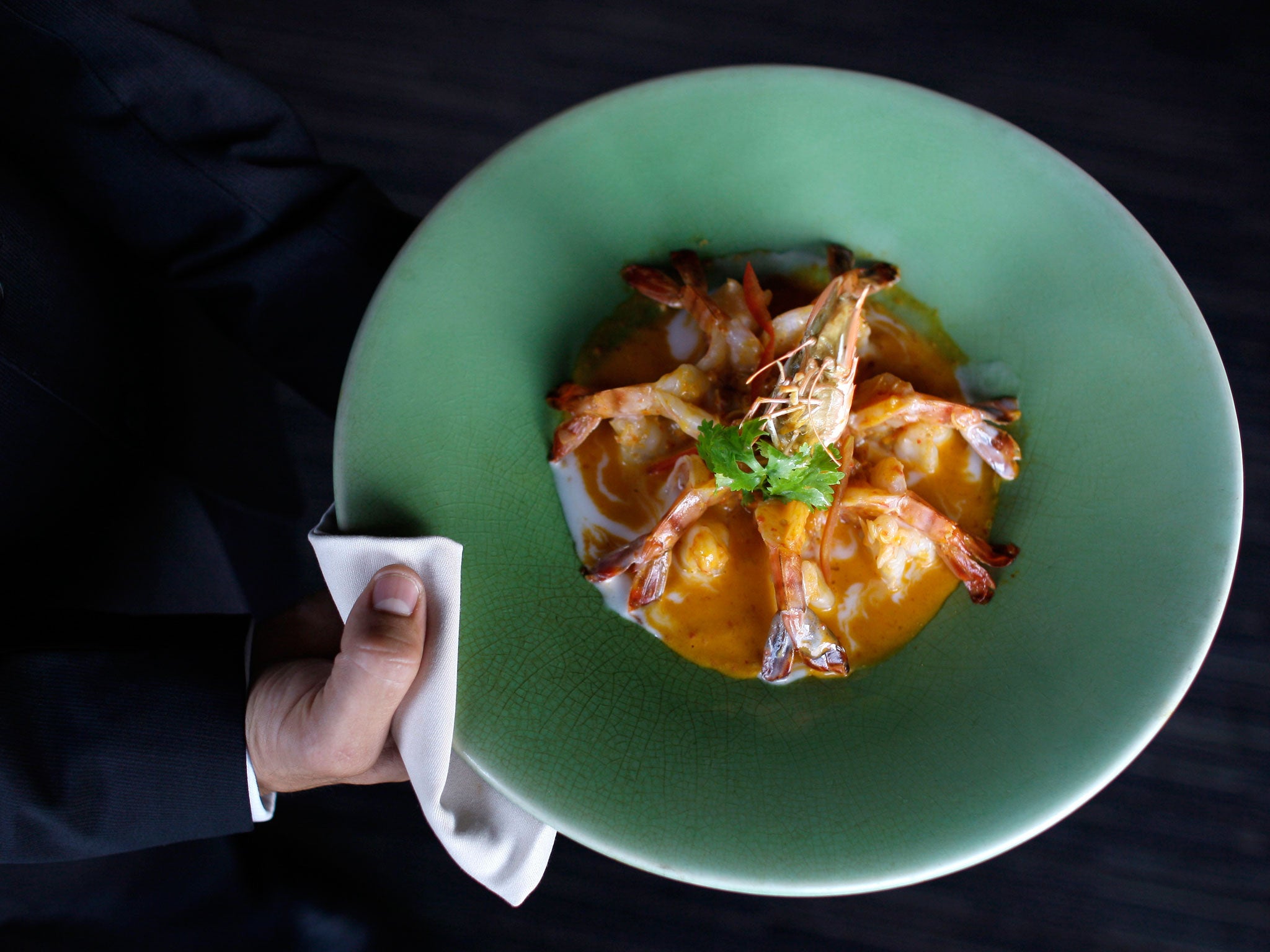Food & drink books round-up: Guandong rats, Burton Smatch and sickly soda
From Professor Daniel Jurafsky's The Language of Food to Dr Marion Nestle's Soda Politics...

Your support helps us to tell the story
From reproductive rights to climate change to Big Tech, The Independent is on the ground when the story is developing. Whether it's investigating the financials of Elon Musk's pro-Trump PAC or producing our latest documentary, 'The A Word', which shines a light on the American women fighting for reproductive rights, we know how important it is to parse out the facts from the messaging.
At such a critical moment in US history, we need reporters on the ground. Your donation allows us to keep sending journalists to speak to both sides of the story.
The Independent is trusted by Americans across the entire political spectrum. And unlike many other quality news outlets, we choose not to lock Americans out of our reporting and analysis with paywalls. We believe quality journalism should be available to everyone, paid for by those who can afford it.
Your support makes all the difference.Despite the fact that we're all foodies these days, that old trope of two countries being separated by a common language is well illustrated by these four books. All are by Americans and are now making their British entrée. I use entrée here in its British sense, meaning to join a particular group but, as Professor Daniel Jurafsky tells us in The Language of Food (Norton, £9.99), an entrée is what Americans serve up as a main course.
How the Americans got the word from the French is meat and drink to Professor Jurafsky. As chair of linguistics at Stanford University, what he doesn't know about the etymology of food and catering is not worth knowing, although his chapter on "dessert" would surely stick in Nancy Mitford's craw. Jurafsky has a nose for the odd and absurd: take the Chinese, who do not serve a sweet course (however you want to describe it), which bothered American diners so much the fortune cookie was invented to fill the vacuum. And Jurafsky's deconstruction of a menu (you pay more for restaurant dishes in direct relation to the length of words used to describe them) is an object lesson in food PR.
Sandra M Gilbert and Roger J Porter have a rather more scholarly time with their compendium Eating Words (Norton, £22.99). It begins with a few amuse-bouches from antiquity, before setting out a spread of mostly American contributors. But the whole point of anthologies is that in among the old friends you make some new ones, and there are several worthy fresh acquaintances here. Peter Hessler's review of two restaurants serving only dishes made with rat in Guangdong surely deserves an award for services above and beyond. While Ernest Hemingway's guide to campfire cooking is a revelation. No "first, take your rifle" but rather pan-fried trout with fruit pie to follow… "Roll out the pastry with whatever kind of round bottle you prefer… drape it gracefully over the top… soldering down the edges with your fingers". Papa meet Mary Berry.
But the extracts are far too long and leave no room for any writing from Africa, Spain, the Middle East or Australasia. Although the editors did manage to squeeze in examples of their own work. Better luck next time Elizabeth David.
In as much as Eating Words retains a decidedly American flavour, The Brewer's Tale (Norton, £11.50) bestrides the Atlantic and every other geographical divide besides. William Bostwick's joyous pub crawl through time is a total delight. It fizzes and pops through the gloop of ancient Babylon up to the present day, taking in the dripping cellars of medieval brewer monks and the empire-building British desperate to give the boys in India a taste of home. Bostwick even replicates many of these vintage creations himself, not always successfully. He celebrates, among many other things, the famous Burton Smatch, a quirk of geology in which calcium sulphate-rich gypsum deposit leached into water supplies to deliver a "strong, bitter, clear, sparkling" brew. Burton IPA, he says, would go on to conquer the world.
Of course, what really conquered the world was lager but Bostwick does not have much time for that overly sweet and sanitised confection. Still, at least it is not soda. Or rather, as we say in Britain, carbonated soft drink. In Soda Politics (OUP, £19.90), Dr Marion Nestle does us all a great service by spelling out clearly and authoritatively the dreadful price we are paying for guzzling gallons of sugared water – Coke and Pepsi by any other name. Big Soda, as Dr Nestle calls the billion-dollar corporate giants behind this poison, know exactly how bad their products are for us but are so powerful no one takes them on. Rise up and rebel, Nestlé urges. It is not often I feel like applauding Jamie Oliver but after his principled stand in front of the Select Committee over sugar recently, he really deserves it.
Join our commenting forum
Join thought-provoking conversations, follow other Independent readers and see their replies
Comments